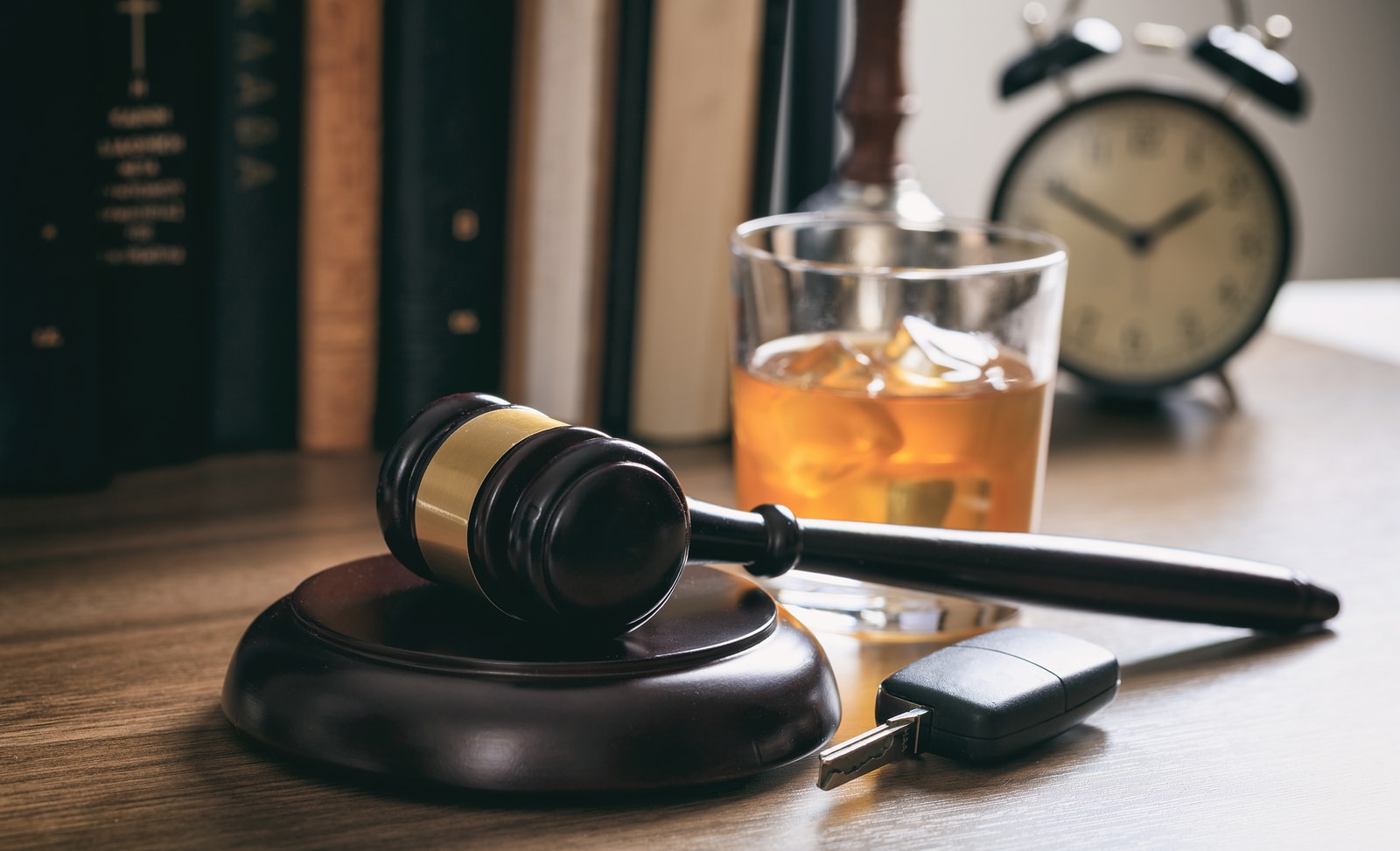According to the Colorado Department of Transportation, about sixty people are arrested for driving under the influence (DUI) every day in this state. If you’re one of those people, you’re going to need the advice and legal services of a good Denver DUI attorney.
Someone’s first conviction for driving under the influence in Colorado may be punished with a $1,000 fine, community service, a suspended driver’s license, mandatory alcohol education classes, and a year in jail for some offenders.
However, in most cases, driving under the influence in Colorado is a misdemeanor charge, and those who are convicted are not sent to prison. But if a DUI offense is charged as a felony, and the defendant is convicted, he or she can expect to serve time in a Colorado state prison.
What Are the Penalties for a First DUI Conviction?
What turns DUI – which is usually a misdemeanor charge – into a felony? If you continue reading, you will learn the answer, and you will also learn what you must do if you’re charged with driving under the influence either as a felony or as a misdemeanor.
In Colorado, if a defendant accused of DUI did not cause someone else’s injury or fatality, his or her first three DUIs are considered misdemeanors. The penalties for an adult driver (21 or older) who is convicted of a first-offense misdemeanor DUI in Colorado can include:
1. from five days to one year in jail
2. a fine ranging from $600 to $1,000
3. from 48 to 96 hours of community service
4. a nine-month driver’s license suspension, with twelve points added to the license
5. court-ordered alcohol education classes
What is the “Legal Limit” for DUI in Colorado?
The “legal limit” for a driving under the influence charge in every state is a blood alcohol content (BAC) level of 0.08 percent.
However, if a defendant’s BAC level measured at or above 0.15 percent at the time of the arrest, even for a first offense, that defendant will be designated a persistent drunk driver by the state Division of Motor Vehicles and will be sentenced as if he or she were a repeat DUI offender.
What Penalties May Be Imposed for Second and Third DUI Convictions?
The punishment for adult drivers who are convicted of a second-offense misdemeanor DUI in Colorado can include:
1. from ten days to a year in jail
2. a fine ranging from $600 to $1,500
3. from 48 to 120 hours of community service
4. a one-year driver’s license suspension, with twelve points added to the license
5. installation of an ignition interlock device in the offender’s personal vehicle for two years
6. court-ordered alcohol education classes
The penalties in Colorado for adult drivers who are convicted of misdemeanor DUI for a third time are the same as the penalties for a second conviction, except that the possible jail term ranges from sixty days to one year, and the license suspension is for two years rather than one.
When is a DUI Charge a Felony in Colorado?
There are several ways that driving under the influence becomes a felony charge in Colorado. If an intoxicated driver is responsible for a serious bodily injury to another person, the charge is vehicular assault, which is a Class 4 felony.
A conviction for DUI-related vehicular assault may be penalized with a prison sentence of two to six years – followed by a mandatory three-year parole period – and a fine ranging from $2,000 to $500,000.
If an intoxicated driver is responsible for a fatality, the charge is DUI-related vehicular homicide – a Class 3 felony. The penalties for a conviction may include prison for four to twelve years – followed by a mandatory five years on parole – and a fine ranging from $3,000 to $750,000.
What Are the Penalties for a Fourth DUI Conviction?
A fourth DUI offense – whether or not anyone is injured – will be charged as a Class Four felony in Colorado. A fourth DUI conviction may be penalized with a prison term of two to six years – followed by a mandatory three-year parole period – and a fine ranging from $2,000 to $500,000.
It does not matter how long ago a previous DUI conviction happened. Unlike many states, there is no “look-back” period in Colorado. If you had three convictions for DUI in your 20s, and your fourth DUI offense happens when you are 60, that fourth offense will be prosecuted as a felony.
Colorado lawmakers made a fourth DUI offense a felony charge in 2015, and they gave judges the discretion to place convicted offenders in prison or to impose alternative penalties.
What Are the Actual Sentences for Fourth DUI Offenses?
In 2017, the Denver Post reported that only about 30 percent of fourth-time DUI offenders were actually sent to prison for more than a year, about 48 percent were sent to jail for a year or less, and roughly 22 percent were sentenced to probation, halfway houses, or work-release programs.
The law requires judges to sentence convicted offenders to prison for felony DUI only if “incarceration is the most suitable option given the facts and circumstances of the case, including the defendant’s willingness to participate in treatment.”
What Are the Other Consequences of a DUI Conviction?
Apart from the various legal penalties discussed here, any driving under the influence conviction will result in serious extra-legal consequences. You will pay more for automobile insurance. If you drive for a living or your job involves driving, finding or keeping a job may be difficult.
Immigrants in Colorado who are convicted of driving under the influence may be targeted for deportation, and anyone with a professional license may have that license suspended or revoked by his or her professional licensing board.
How Will a DUI Defense Lawyer Work for You?
Like any other criminal charge, a defendant can’t be convicted for any DUI offense unless the prosecution can prove guilt beyond a reasonable doubt. A good DUI attorney will fight to have the charges dismissed or will ask a jury to find a defendant not guilty.
A DUI lawyer may, for example, dispute the results of a breathalyzer test or challenge the testimony of the arresting officer.
But if the evidence is overwhelming and a conviction is inevitable, a good DUI defense lawyer will negotiate to have the charge lowered or will arrange for alternative sentencing, which may include probation, court-ordered alcohol treatment, and/or electronic monitoring.
In every DUI case, the right Denver criminal defense attorney will bring the matter to its best possible conclusion. If you are charged with DUI in Colorado, reach out for a domestic violence attorney’s help as quickly as you can. That is your right.









